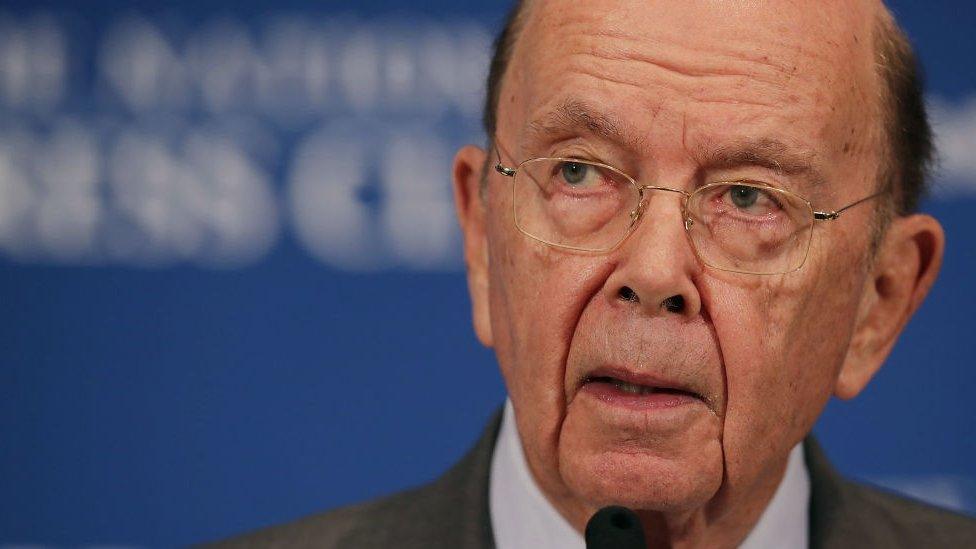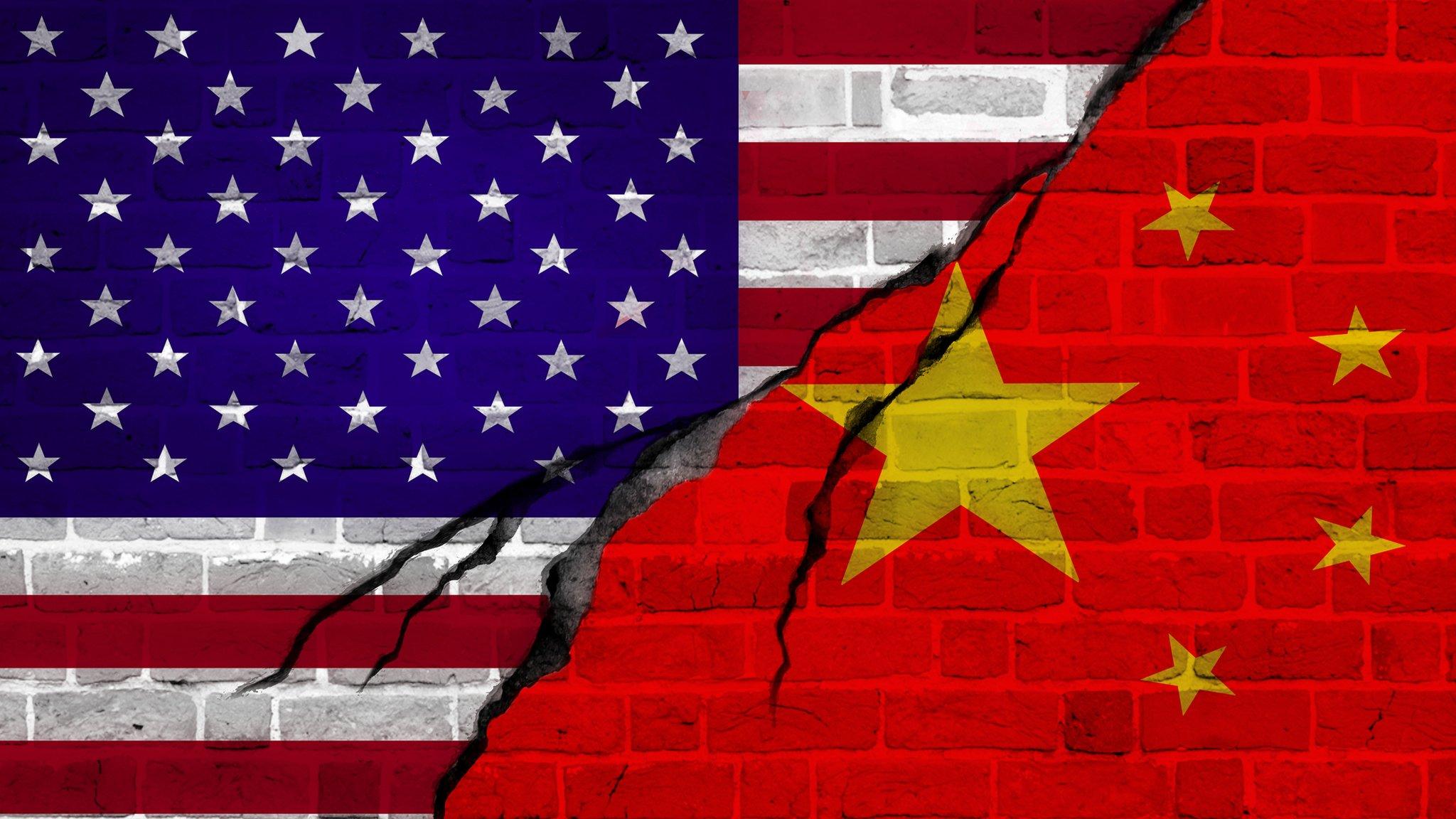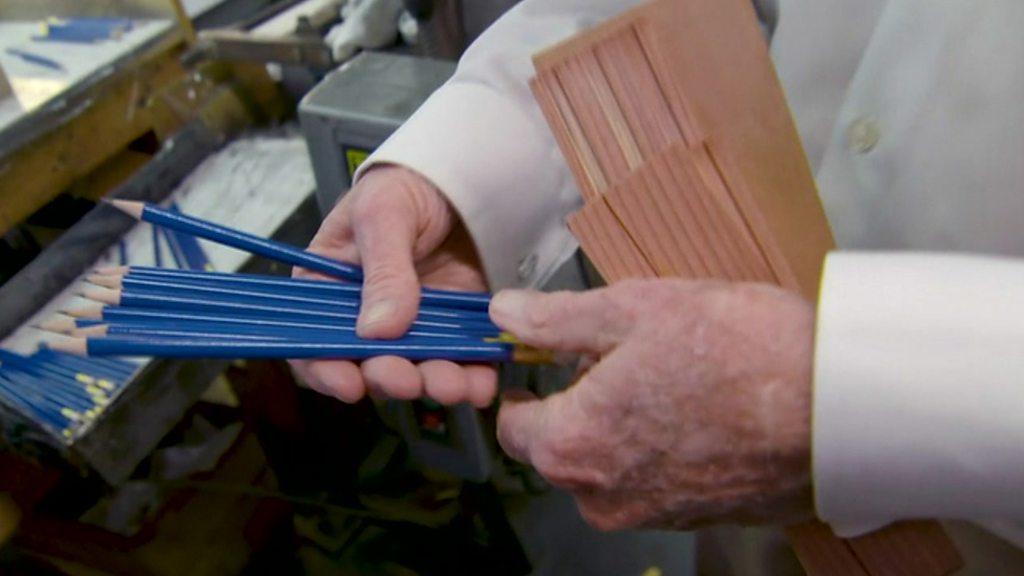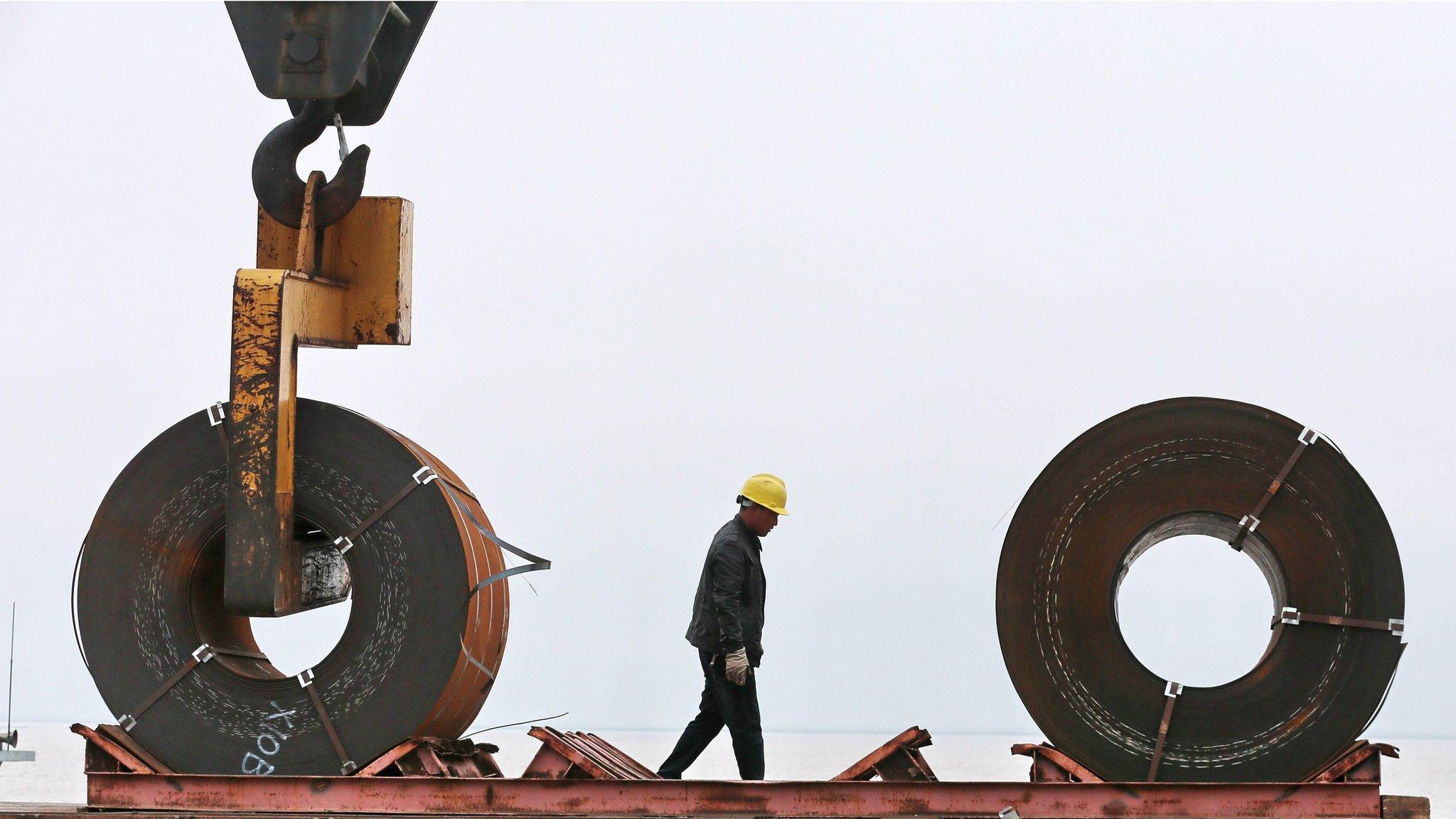Trump administration launches vehicle import probe
- Published

Commerce Secretary Wilbur Ross said foreign imports may have "eroded" the US auto industry
President Donald Trump has ordered a national security probe into vehicle imports, which could bring new tariffs.
Mr Trump said the US car industry was "critical to our strength as a nation" and ordered the Department of Commerce to investigate.
The probe rests on 1960s legislation which lets the president restrict imports if they threaten national security.
It is the latest move in Mr Trump's America First trade agenda.
The president tweeted earlier on Wednesday about "big news" for the country's autoworkers.
Allow X content?
This article contains content provided by X. We ask for your permission before anything is loaded, as they may be using cookies and other technologies. You may want to read X’s cookie policy, external and privacy policy, external before accepting. To view this content choose ‘accept and continue’.
The Department of Commerce will investigate the effect of vehicle imports under Section 232 of the Trade Expansion Act of 1962, which allows the president to restrict trade in the name of national security.
Section 232 is the same statute that was invoked to allow the administration's tariffs on steel and aluminium imports.
Commerce Secretary Wilbur Ross promised a "thorough, fair and transparent investigation".
The department's release said imports had grown from one-third to almost one-half of all cars sold in the US in the last 20 years.
Can tariffs really save an industry?
According to government statistics, in 2017 the US imported 8.3 million vehicles worth $192bn (£144bn), and exported almost 2 million vehicles worth $57bn (£43bn).
Of the cars imported, 2.4 million come from Mexico and 1.8 million from Canada.
Both countries are part of the North American Free Trade Agreement (Nafta), which the Trump administrations wants to renegotiate in a bid to boost the US manufacturing sector.
President Trump has also previously threatened to impose tariffs on cars imported from the EU.
Mr Trump's aggressive approach to trade has also seen him threaten levies worth up to $60bn (£42.5bn) on Chinese goods in retaliation for alleged intellectual property violations.
- Published5 March 2018
- Published10 May 2019

- Published26 April 2018

- Published13 April 2018

- Published22 May 2018
